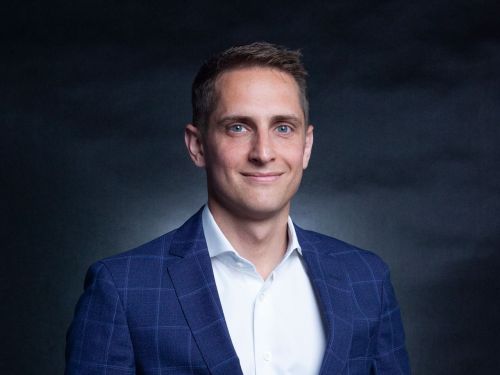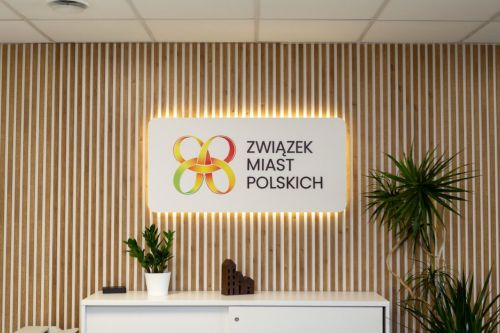Westbridge has just opened an office in Poland. What is it that you do?
Danuta Grzywacz, country head for Poland, Westbridge Advisory International: In a nutshell, Westbridge supports institutional real estate investors and asset managers in the implementation of their ESG strategies. We established the firm in Germany in 2015 as an operation cost-optimising company. This entails scrutinising and understanding the energy usage of buildings across all asset classes. To be able to understand each property’s energy usage, we typically begin most of our projects by looking at the energy procurement. This allows us to provide our clients with precise and, above all, consistent energy consumption data for each asset. We were already highly experienced in this field and therefore perfectly positioned when ESG started to become a more prominent topic on real estate investors’ and asset managers’ agendas three-to-four years ago. Now, we offer a range of services across three































































